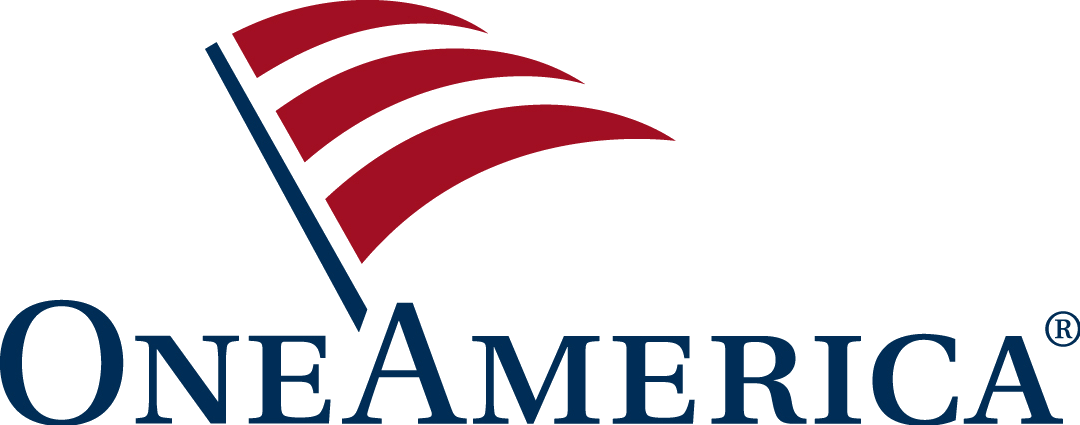LTC Payroll Tax In Washington State

The State of Washington has adopted the country's first State-run public long term care insurance program. Washington Governor Jay Inslee signed legislation to provide that beginning January 1, 2022 Washington employers must withhold a new 0.58 percent LTC Payroll Tax from all employee wages (salary, bonuses, company stock) with no income cap on the amount, and remit those payments to the State of Washington on a quarterly basis.
Limited exceptions to the tax include:
- Self employed individuals
- Employees of Federal tribes
- Employees subject to a collective bargaining agreement in existence as of October 2017
Washington Long Term Care Insurance Benefits Provided
In general, starting January 2025 Washington residents will receive $100.00 day up to a lifetime maximum of 365 days ($36,500) for a broad range of qualified long term care services including nursing home care, assisted living, adult family homes, home care, memory care, caregiver support, Meals on Wheels, transportation, emergency alert device services, et al.
Qualified employees will include employees that have:
- Paid premiums under the program for a total of 10 years without interruption of 5 or more consecutive years; or
- Paid premiums for 3 of the last 6 years from the date of the application for long term care benefits; and
- Worked at least 500 hours during each of the 10 year or 3 year time frames respectively
Considerations
The law is a progressive tax that will benefit low income earners most but is unlikely to cover a significant amount of long term care expenses that employees may actually incur. The cost of care in Seattle is currently averaging between $200.00 and $350.00 day. On average, a long term care need is 3 years. An average memory care claim could be 7 years. The benefits provided by the State of Washington are only $100.00 day for 1 year.
Higher income employees certainly may pay more in tax than benefits they will ultimately receive.
Benefits are not portable outside of the State of Washington. For employees intending to retire elsewhere, the long term care insurance payroll tax will not provide any benefits to these employees, whatsoever.
Employees planning to retire within the next few years will not be able to vest in the program.
Opting Out and Gaining Exemption From The Washington Payroll Tax
Washington created a small window for its employees to gain exemption from paying this tax if the employee attests to having sufficient long term care insurance purchased prior to November 1, 2021. The State of Washington will accept applications for this exemption between October 1, 2021 and December 31, 2021.
Needless to say this limited period of time to gain exemption for Washington residents has generated a massive influx of long term care insurance applications this summer. The influx from Washington State has placed enormous pressure on the underwriting and business models of the insurance companies. As a result most of the long term care insurance underwriters have now stopped accepting applications altogether from Washington residents.
Future Considerations for Residents of Other States
Washington is the first state to implement a public program and other States are intending to follow suit. Current states in discussion to implement a Long Term Care Insurance Payroll Tax include California, Minnesota, Michigan, Illinois, Oregon, and Maine. Future states will be closely monitoring the situation in Washington regarding the decision to allow residents the window to opt out to determine if its programs will be able to be sustainable if too many high income earners opt out of its planned state funded LTC programs. Additionally, the insurance companies will certainly be proactive in determining whether they will even accept future applications from State residents applying for benefits solely to gain exemption from a State Payroll Tax. The insurance companies have seen this summer that applications borne out of the mindset of tax avoidance are markedly different with applied-for benefits than applications alternatively submitted by individuals seeking to engage in meaningful long term care planning so that they receive asset protection and do not unduly burden their loved ones with caregiving issues.
Additionally, the lapse rates on these policies once the State employees gain exemption status are expected to be huge, unlike the history of very low lapse rates for long term care insurance policyholders buying coverage because they want to own the benefits, rather than a short-term tax avoidance catalyst. It will not surprise me if the insurance companies take the position to not accept any applications from residents of States implementing a payroll tax in the future; or if applications will be accepted, certainly the minimum issue amount threshold limits will be greatly increased to dissuade or eliminate applications for bare minimum coverage that is unlikely to stay in-force.
Alaska, California, Colorado, Hawaii, Oregon, Illinois, Michigan, Minnesota, New York, North Carolina, Pennsylvania, and Utah are additional states that are considering implementing a payroll tax.
If you are a resident of a State that may be considering implementing a Long Term Care Payroll Tax unless you already own long term care insurance, I would recommend you be very proactive and obtain your coverage now. Many Washington residents waited too long to take action, and the insurance companies shut the door on them.
Call Me for Long Term Care Insurance Advice and Illustrations
In business for 24 years, I will lend my experience and knowledge to your specific situation to help you to find the best long term care insurance planning solution for your needs. As an independent agent I can help you analyze options with all of the leading long term care underwriters including Mutual of Omaha, Nationwide, OneAmerica, Pacific Life, Brighthouse, Lincoln, Securian, National Guardian, Thrivent, Global Atlantic, Mass Mutual, New York Life and more. Call me today at (800) 891-5824 to discuss your needs or to receive a free quote. Or if easier, please schedule a call with me through my online calendar.







